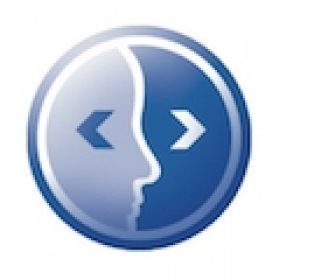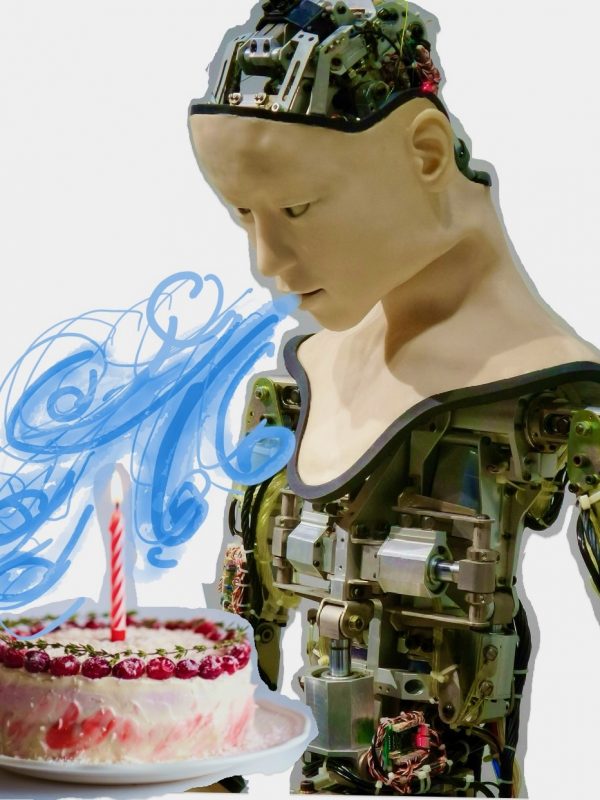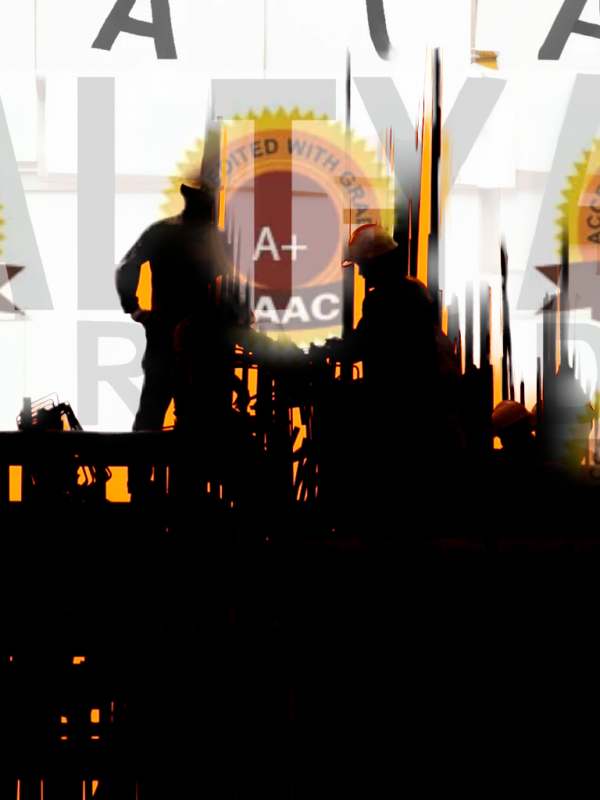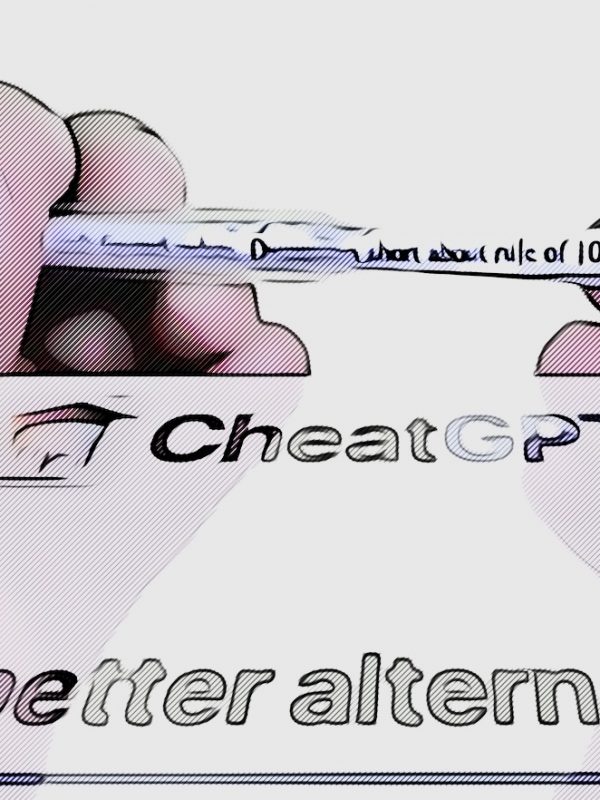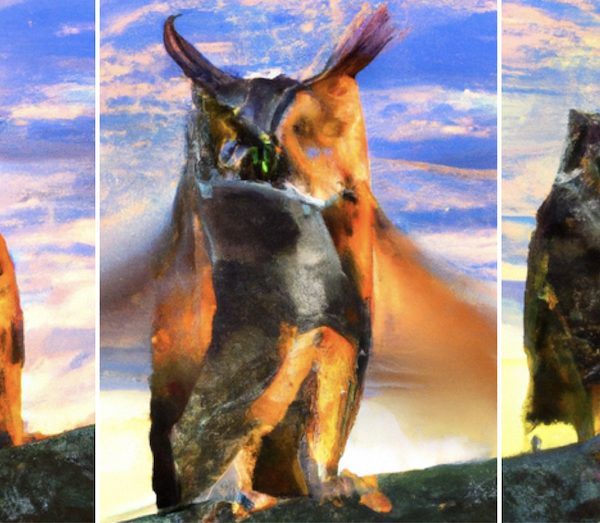On November 30, 2022, we experienced the “iPhone moment of AI.” Here is my attempt to provide brief answers to the key questions. What do university educators need? What should universities and education policy do? What will happen to higher education? Guidance on what? What about examinations? What about the negative impacts? Where does humanity fit in? Conclusion: We cannot expansively address the challenge of integrating AI into higher education without considering the context (goals, policies, culture of higher education).
Year: 2023
India’s higher education accreditation system. Restructuring in Turbulent Times.
The Indian higher education landscape is changing very dynamically. Within the framework of the “National Education Policy 2020” (NEP), reforms are being launched that are reminiscent of the European Bologna reform. The goals are ambitious and it shows again and again how challenging the tasks set are. An example is the system of accreditation.
CheatGPT, cheat on A-level exams and the problem of authorship
At its core, the debate about cheating on A-level exams with ChatGPT concerns the ambiguity of authorship of AI texts and control in exams. The problem of proving cheating attempts using constructs such as “individual, independent performance” points to the outdated nature of exam culture in a digital media landscape.
ChatGPT: Minerva’s owl can’t get off the branch anymore
My intermediate status of current developments around ChatGPT. The pressure to act is great, but at the same time rigid patterns of thought and action persist. Adaptation to the new circumstances takes place, but fundamental changes are less likely to.
By the way. Pickings from my news stream. (India edition)
By the way. Pickings from my news stream. (India edition): Higher Education numbers in India continue to grow + Push for campuses of foreign HEIs in India + Indian digital Central Academic Bank of Credits (ABC) becomes mandatory + Regression in India’s Academic Freedom Index score
